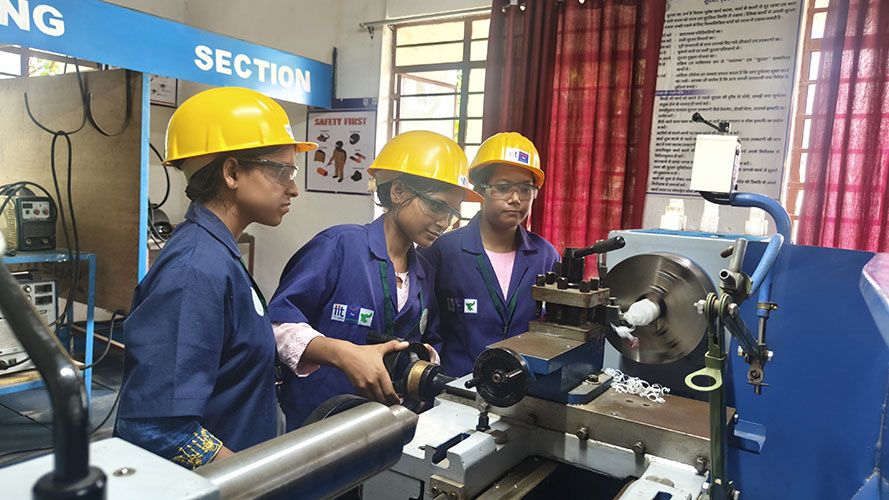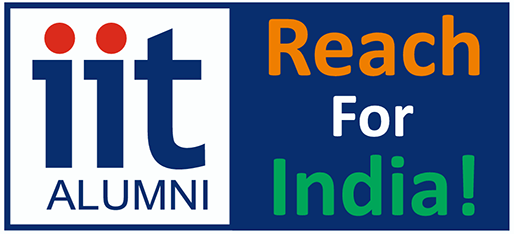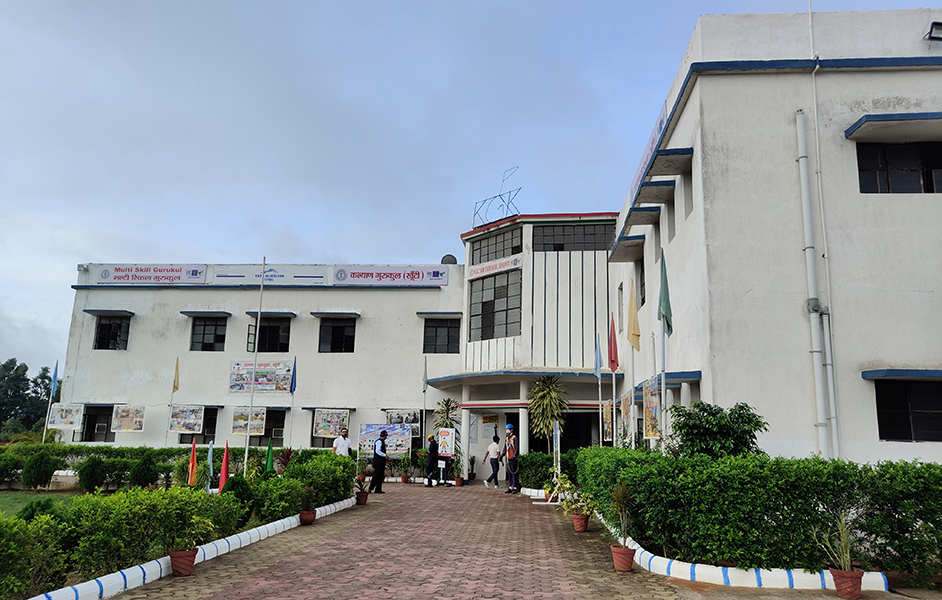Gurukul: A Beacon of Hope for Skill Development in India
In an era where education and employability are key to breaking the cycle of poverty, the Gurukul initiative by the PanIIT Alumni Foundation stands out as a beacon of hope. Designed to provide high-quality, short-term vocational training and skill development to disadvantaged youth in India, Gurukul aims to transform lives and foster socio-economic upliftment. Currently, 28 Gurukuls operate across 18 of the 24 aspirational districts in Jharkhand, with an annual training capacity of 7,500 students. This article will shed light on the key aspects of the Gurukul program and the visionary idea behind it.
The Idea Behind Gurukul
The concept of Gurukul is inspired by the ancient Indian education system where students lived and learned at the residence of their teacher. In modern times, the PanIIT Alumni Foundation has revitalized this concept to address the pressing need for skilling among the underprivileged with demand-lead skill development. Recognizing that traditional skill development models often fail to equip students with practical, job-ready skills, Gurukul focuses on providing hands-on vocational training in various trades.
The initiative primarily targets youth from economically disadvantaged backgrounds, including those from below the poverty line, daily wage earners, farmers, and small business owners. By doing so, it aims to bridge the gap between education and employability, ensuring that students are not just educated but are also equipped to secure stable, well-paying jobs.
The Gurukul models were set up across five states: Tamil Nadu, Maharashtra, Haryana, Jharkhand, and Orissa. The first breakthrough of the model was achieved in the Gumla District of Jharkhand.
Key Aspects of Gurukul
-
- Demand-led Residential Training Programs: Gurukul offers a range of vocational training programs that cover sectors such as construction, manufacturing, healthcare, logistics, and electronics assembly. These programs are designed along with employer partners based on their demand for manpower and skills. The programs are intensive and hands-on, ensuring that students gain practical experience alongside theoretical knowledge. The training programs are residential, meaning students live on campus during their course. This model ensures a focused and immersive learning environment, free from the distractions and challenges of their everyday lives, and fosters a sense of community and mutual support among students.
-
- Inclusive and Empowering: Gurukul places a strong emphasis on inclusivity, with 50% of its training capacity dedicated to women, particularly in non-traditional trades. This focus on gender inclusion not only empowers women but also promotes gender equity in the workforce. Over 98% of the beneficiaries are from socially backward classes, promoting social equality. It is also a place where beneficiaries with education less than the 10th grade come to improve their skills and employability.
-
- Financial Assistance: To ensure that financial constraints do not hinder education, Gurukul helps students obtain skill loans amounting to ₹12,500 per student. These loans cover training costs and have an impressive repayment rate of ~85% post-placement, reflecting the effectiveness and impact of the training. This also promotes the financial inclusion of the unbanked.
-
- Job Placement and Support: One of the standout features of Gurukul is its strong emphasis on job placement opportunities. The program being demand lead boasts a 100% placement opportunity for its graduates, with many securing jobs in leading organizations across various sectors. The median monthly in-hand salary for placed candidates is ₹15,000, which significantly enhances their financial independence and social standing.
Impact and Outcomes
The impact of the Gurukul initiative is profound and far-reaching. Students who complete the training programs report significant improvements in their financial independence, job opportunities, social recognition, and overall confidence. By providing high-quality vocational training and ensuring successful job placements, Gurukul plays a crucial role in uplifting entire communities. The program operates across multiple locations, with a strong presence in aspirational districts. Its facilities are equipped with modern amenities, including solar rooftops, computer labs, and trade-specific equipment, ensuring a conducive learning environment.
The Gurukul initiative by the PanIIT Alumni Foundation exemplifies the transformative power of vocational education. By focusing on practical skills, inclusivity, and comprehensive support, Gurukul not only enhances employability but also fosters socio-economic development. For many disadvantaged youth in India, Gurukul is not just a training program; it is a pathway to a brighter, more secure future. As the initiative continues to grow and evolve, it promises to uplift even more lives, creating a ripple effect of positive change across low-income and socially backwa


Hi, this is a comment.
To get started with moderating, editing, and deleting comments, please visit the Comments screen in the dashboard.
Commenter avatars come from Gravatar.